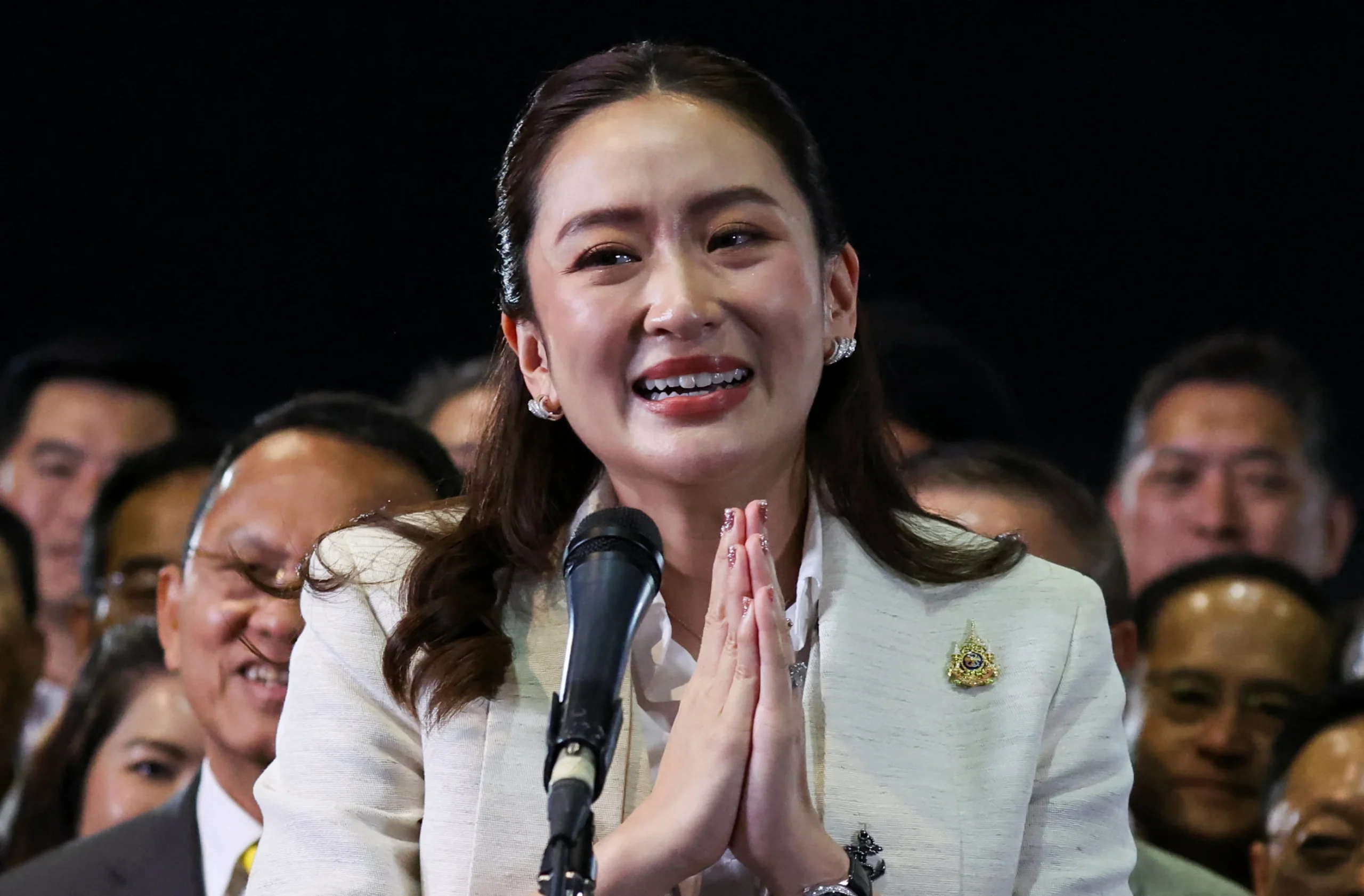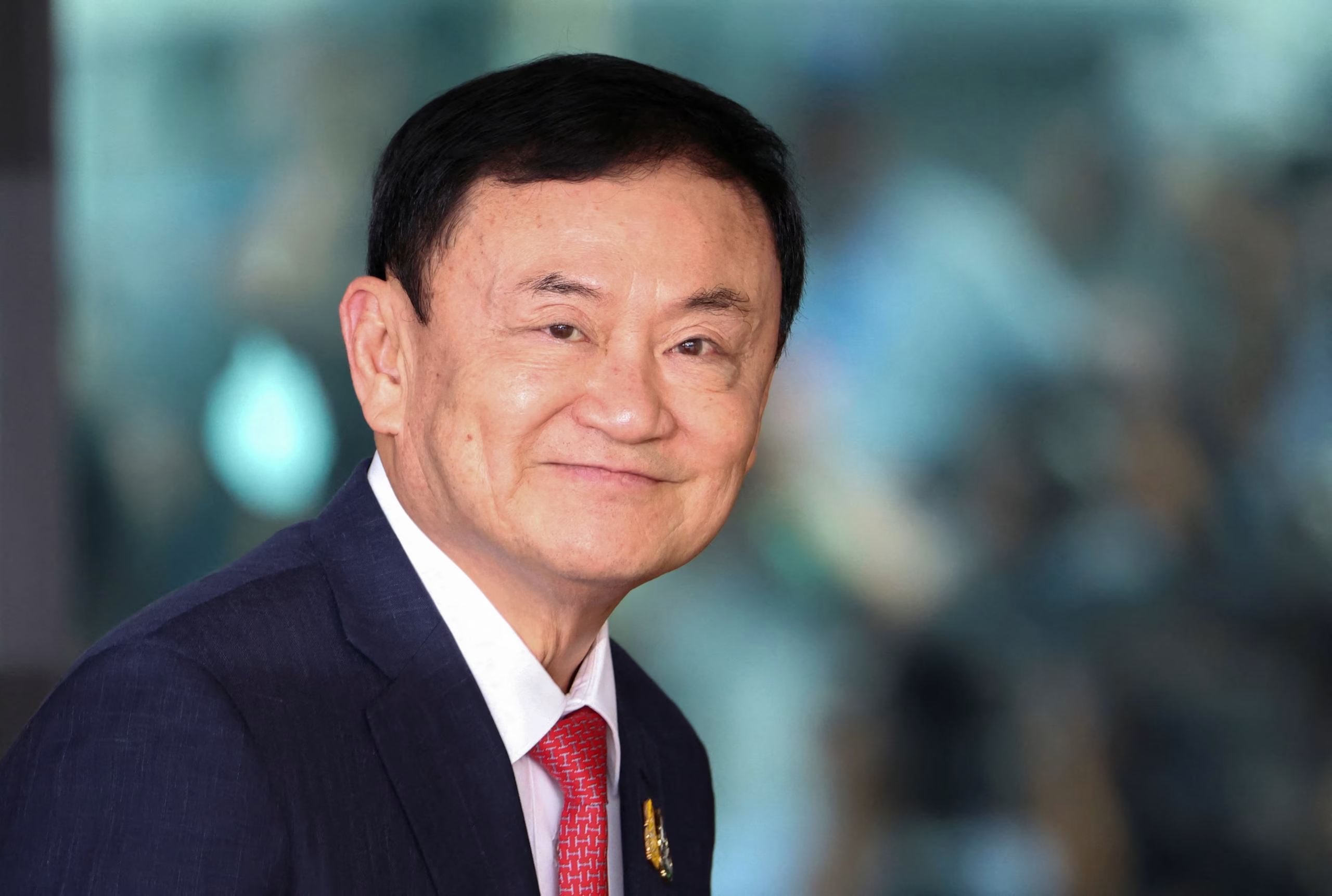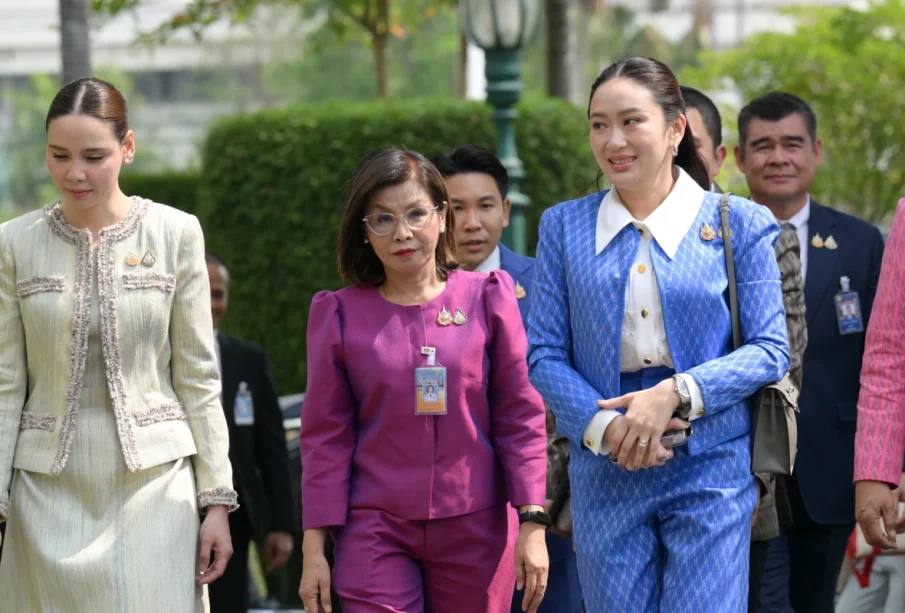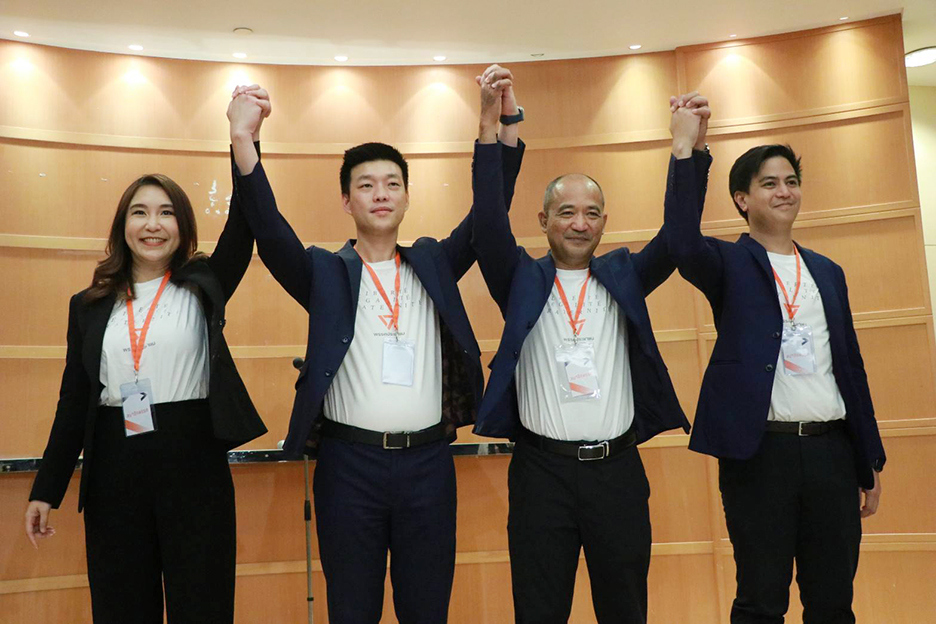Outrage Over Leaked Audio
On June 21, 2025, protests erupted across Thailand, with citizens demanding Prime Minister Paetongtarn Shinawatra’s resignation or the dissolution of parliament following a leaked audio of her conversation with Cambodian Senate President Hun Sen. The recording, which surfaced online, sparked fury for allegedly undermining Thailand’s sovereignty and military, intensifying public distrust in her leadership after just 10 months in office.
Controversial Remarks Fuel Anger
Perceived Betrayal of National Interests
In the leaked call, Paetongtarn is heard addressing Hun Sen as “uncle” and offering to accommodate his requests, while referring to the 2nd Army Region commander as an “opponent.” Critics, including royalist activists, argue these remarks show a lack of respect for Thailand’s armed forces and compromise national security. Demonstrators in Phuket, rallying under the “Phuket People for the Nation” banner, displayed signs branding her a “traitor,” reflecting deep-seated nationalist sentiment.
Regional Demonstrations Escalate
Symbolic Protests in Key Provinces
In Nakhon Ratchasima, residents planned a symbolic protest on June 21 at the Thao Suranari Monument, scattering “ashes” to signify lost faith in Paetongtarn’s government. Similar rallies in Khon Kaen saw the Civil Anti-Corruption Network file complaints accusing her of national security violations. In Prachin Buri, former Pheu Thai supporter Chalerm Kiatbanchong denounced her actions as “unforgivable,” urging red-shirt loyalists to reconsider their allegiance, signaling cracks in her party’s base.
Public Trust in Government Erodes
Calls for Accountability Intensify
Protesters in Phatthalung and Nakhon Si Thammarat submitted petitions demanding Paetongtarn step down, citing her inexperience and failure to address economic woes like rising costs and a faltering tourism policy. In Phuket, rally leader Krit Theppabumrung condemned her for betraying public trust, while Democrat MP Pitakdet Dejdecho vowed to protect national values. Demonstrators emphasized peaceful escalation if demands are unmet, rejecting military intervention but seeking democratic accountability.
Political and Economic Fallout
Coalition Fractures Threaten Stability
The protests coincide with a crumbling Pheu Thai-led coalition, as Bhumjaithai’s withdrawal on June 18 left Paetongtarn with a slim parliamentary majority. Opposition leader Natthaphong Ruengpanyawut urged her to dissolve parliament to avert a coup, a looming fear given Thailand’s history of 12 military takeovers since 1932. The Thai stock market fell 2.2% on June 19, reflecting investor unease amid looming U.S. tariffs and a struggling economy.
Grassroots Demand for Change
Voices from Across Thailand
Locals like Tuss Jenpanat in Nakhon Ratchasima and Samruay in Prachin Buri criticized Paetongtarn’s leadership as immature and self-serving, arguing she lacks the statesmanship needed for the role. In Khon Kaen, Chaiyanat Thatniyom’s legal action underscored accusations of dereliction of duty. Protests, marked by patriotic music and black attire, reflect a unified call for a leader who prioritizes Thailand’s sovereignty and economic recovery, with many warning of further action if ignored.
Uncertain Path Forward
Pressure Mounts for Snap Election
As demonstrations spread, Paetongtarn’s apology on June 19, flanked by military leaders, failed to quell public anger. Activists, including the Ruam Palang Phaen Din group planning a June 28 rally, demand her exit, while senators have petitioned the Constitutional Court and NACC to remove her. With coalition partners like United Thai Nation and Democrats weighing their options, Thailand faces the prospect of a snap election or a new coalition, signaling a critical juncture for its political future.









